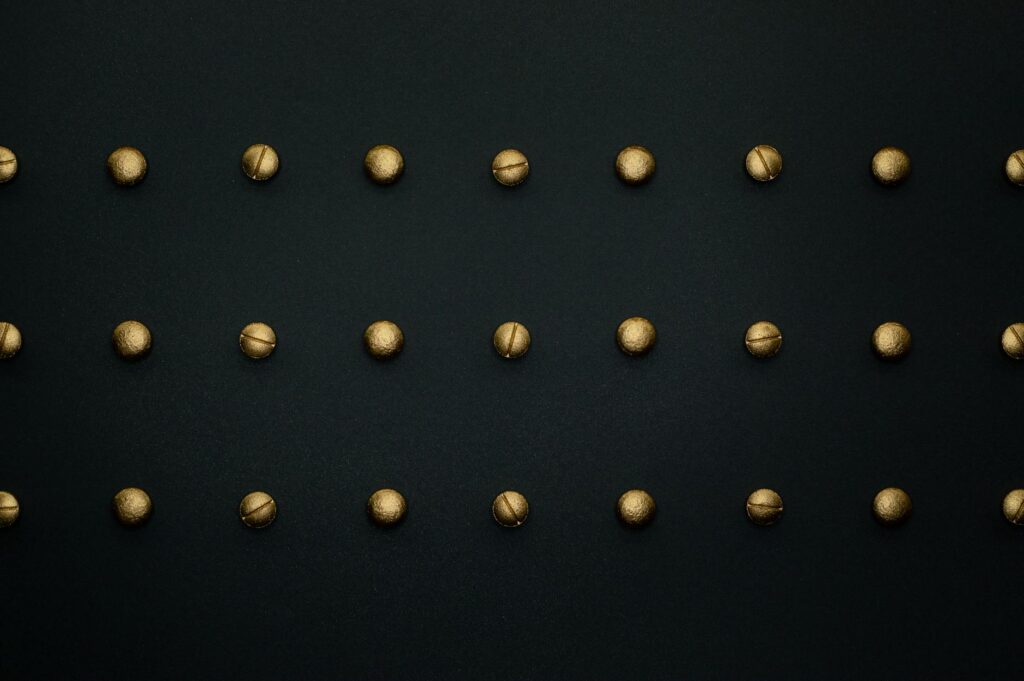RFK Jr. Wants Everyone Wearing Health Tech—But Is That Even Possible?
Okay, picture this: your smartwatch doesn’t just nag you about standing up every hour, but actually spots health issues before they become serious. That’s the future Robert F. Kennedy Jr. is pushing with his “Make America Healthy Again” thing—MAHA, because apparently we need more acronyms. His big promise? “Every single American strapping on some kind of wearable within four years.” Ambitious? Hell yes. But here’s the real question—is this actually doable, or just another shiny tech fantasy?
Who Is This Guy, Anyway?
So RFK Jr.—yeah, that Kennedy—has been yelling about public health and the environment for ages. Now he’s latched onto wearables like they’re the magic bullet for America’s health disasters. Obesity, diabetes, heart disease? His MAHA plan says these little gadgets can help fight them all by giving people real-time health stats. “Wearables are non-negotiable for MAHA,” he says. Sounds great, but let’s be real—what does that actually mean for you and me?
Can a Fancy Watch Really Fix Healthcare?
How These Things Even Work
You’ve got everything from sleek Apple Watches to clunky medical-grade monitors tracking your heartbeat, sleep, even blood oxygen. They ping your phone with “insights”—like scolding you for sitting too long or freaking out over a weird heart rhythm. Cool, sure. But are they actually making people healthier, or just turning us into data-obsessed hypochondriacs?
The Good Stuff (If It Works)
Some studies say wearables can:
- Spot problems early: Like catching irregular heartbeats or crap sleep before it gets worse.
- Give you a nudge: People who track steps usually end up walking more—who knew?
- Make doctors’ jobs easier: In theory, they could use your data to personalize treatment.
But here’s the thing—more data doesn’t always mean better decisions. Sometimes it just means more anxiety.
RFK Jr.’s Big Plan: Dream or Disaster?
Four Years? Seriously?
Right now, about 30% of Americans own wearables. Getting that to 100% in four years? Yeah, good luck with that. You’d have to tackle:
- Money: Apple Watches cost more than some people’s rent.
- Tech confusion: My grandma still can’t work her flip phone.
- Doctors playing catch-up: Half of them don’t know what to do with wearable data anyway.
What Could Go Wrong?
Critics aren’t holding back:
- Privacy nightmares: Imagine insurance companies jacking up your rates because your Fitbit says you sleep like garbage.
- Left behind: Rural areas with spotty internet? Good luck syncing your device.
- Over-reliance: No, Karen, your smartwatch can’t replace actual medical advice.
When Wearables Actually Help
Okay, fair—they’re not all bad. Some wins:
- A 2022 study showed diabetics using glucose monitors had 20% fewer ER trips.
- People with heart issues got faster help thanks to arrhythmia alerts.
Take Sarah, who only found out she had sleep apnea because her Fitbit flagged it. “I’d have never known otherwise,” she says. That’s legit.
The Haters Aren’t Wrong, Though
Not everyone’s onboard, and they’ve got points:
- Hackers love health data: It’s like Christmas for identity thieves.
- False alarms: Ever had your watch say you’re dying when you’re just stressed? Yeah.
- Slippery slope: What stops this from becoming mandatory tracking?
How This Might Actually Happen
Getting Companies and Government to Play Nice
If wearables are gonna go mainstream, we’d need:
- Subsidies: Medicaid covering basic devices? Maybe.
- Cheaper options: Fitbit making a $50 model for regular people.
Teaching People This Isn’t Sci-Fi
Most folks don’t get how this stuff works. We’d need simple explainers like:
- “Why your heart rate variability matters (and no, that’s not a yoga term).”
- “Sleep tracking isn’t just for biohackers—it could save your life.”
So… Now What?
Look, RFK Jr.’s idea is either brilliant or bonkers—time will tell. Wearables can help prevent health disasters, but the road’s packed with potholes: cost, privacy, tech literacy. Could this be the start of a healthier America? Or just another well-meaning mess? Honestly, I don’t know. But one thing’s certain—we’re gonna be arguing about tech in healthcare for years. What about you—would you strap on a health monitor if it meant avoiding the ER later?
Source: NY Post – US News

